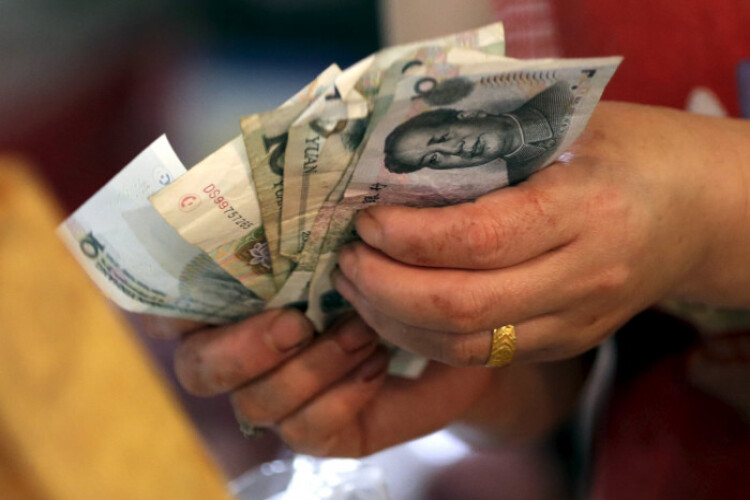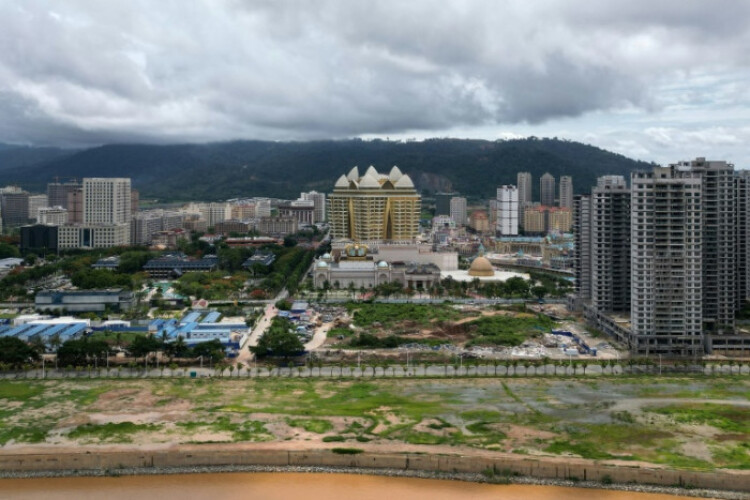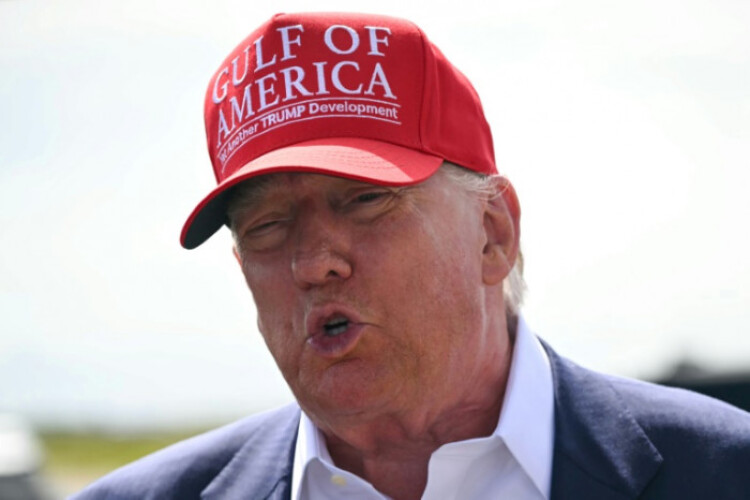
China is preparing to give one-off cash handouts to people in extreme poverty before Tuesday, in a rare announcement of direct aid just a day after announcing a sweeping programme to stimulate its sluggish economy.
The Ministry of Finance and the Ministry of Civil Affairs will issue living subsidies to disadvantaged groups including the very poor and orphans before the National Day holiday next week, the state broadcaster CCTV reported on Wednesday, without providing details.
Local authorities should ensure the funds reach their target recipients before Oct 1, the 75th anniversary of the founding of the People’s Republic, to show “the party and the government’s love and care for people in need”, the report said.
While the amount is unknown, the deployment of one-time handouts within such a short period of time appears to be a departure for a government that has long eschewed what President Xi Jinping calls “welfarism”.
The announcement came shortly after the country’s top monetary and financial officials revealed a series of interest rate cuts and other measures aimed at arresting an economic slowdown.
One of the measures involves cutting banks’ reserve ratio requirements by 50 basis points, which would free up 1 trillion yuan ($140 billion) for new lending.
The finance and civil affairs ministries have budgeted 155 billion yuan ($22 billion) for financial assistance and subsidies to people in extreme poverty, orphans and the homeless this year, according to a government notice issued in April. The country has 4.74 million people defined as living in extreme poverty as of June, according to the Ministry of Civil Affairs.
The National Day is one of the most important holidays in China and usually features a surge in travelling and consumption. But a property sector slump and a gloomy job market have weighed on spending, leading some economists to call for more direct fiscal intervention to lift sentiment.
Huang Yiping, a member of the monetary policy committee of the People’s Bank of China, urged the government to step up spending to address weak consumption in a rare critique of government economic policies earlier this year.
Cash handouts to households would boost consumer spending, he said, while an excessive focus on fiscal health could hinder the economy.
With the central bank surprising the market with its broad package of stimulus measures, the spotlight now is on the Ministry of Finance. More fiscal measures could come in the next few days as the 24-member Politburo is set to meet ahead of the week-long holiday.
The Ministry of Finance and the Ministry of Civil Affairs will issue living subsidies to disadvantaged groups including the very poor and orphans before the National Day holiday next week, the state broadcaster CCTV reported on Wednesday, without providing details.
Local authorities should ensure the funds reach their target recipients before Oct 1, the 75th anniversary of the founding of the People’s Republic, to show “the party and the government’s love and care for people in need”, the report said.
While the amount is unknown, the deployment of one-time handouts within such a short period of time appears to be a departure for a government that has long eschewed what President Xi Jinping calls “welfarism”.
The announcement came shortly after the country’s top monetary and financial officials revealed a series of interest rate cuts and other measures aimed at arresting an economic slowdown.
One of the measures involves cutting banks’ reserve ratio requirements by 50 basis points, which would free up 1 trillion yuan ($140 billion) for new lending.
The finance and civil affairs ministries have budgeted 155 billion yuan ($22 billion) for financial assistance and subsidies to people in extreme poverty, orphans and the homeless this year, according to a government notice issued in April. The country has 4.74 million people defined as living in extreme poverty as of June, according to the Ministry of Civil Affairs.
The National Day is one of the most important holidays in China and usually features a surge in travelling and consumption. But a property sector slump and a gloomy job market have weighed on spending, leading some economists to call for more direct fiscal intervention to lift sentiment.
Huang Yiping, a member of the monetary policy committee of the People’s Bank of China, urged the government to step up spending to address weak consumption in a rare critique of government economic policies earlier this year.
Cash handouts to households would boost consumer spending, he said, while an excessive focus on fiscal health could hinder the economy.
With the central bank surprising the market with its broad package of stimulus measures, the spotlight now is on the Ministry of Finance. More fiscal measures could come in the next few days as the 24-member Politburo is set to meet ahead of the week-long holiday.










